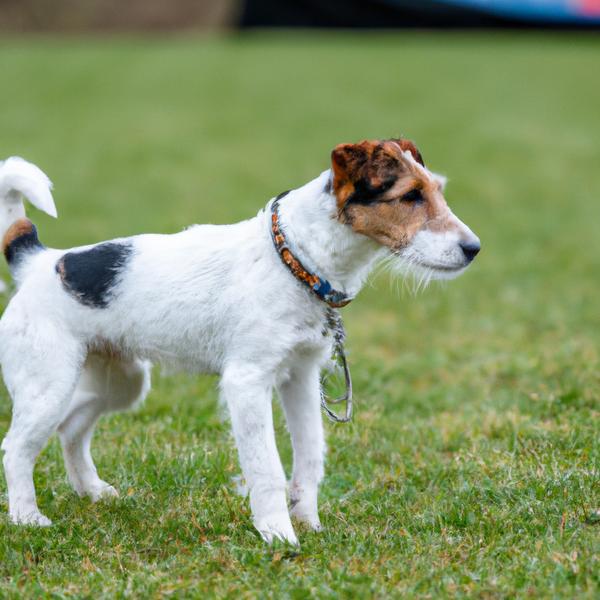Parson Russell Terrier vs. Box Heeler: Breed Differences and Similarities
Hypoallergenic
Are Parson Russell Terriers or Box Heelers hypoallergenic, or neither?
Unfortunately, neither Parson Russell Terrier nor Box Heeler are hypoallergenic, which may not make them the best choice for dog lovers who suffer from pet allergies.
Temperament
What are the personalities of Parson Russell Terrier and Box Heeler dogs?
Energetic
Eager
Intelligent
Bold
Happy
Obedient
Active
Playful
Energetic
Protective
Alert
Intelligent
Confident
Friendly
Loyal
Fearless
Brave
Bright
Hard working
Resourceful
Shedding Level
Do Parson Russell Terriers shed more than Box Heelers, or which breed sheds more, Parson Russell Terriers or Box Heelers?
Parson Russell Terrier or Box Heeler dogs are not heavy shedders, but they will lose a significant amount of hair each year. To decrease the amount of shedding, you can regularly brush your Parson Russell Terrier or Box Heeler. This will remove loose hair and keep their coat growing in the same direction.
Ancestry
What are the origins of Parson Russell Terrier and Box Heeler breeds?
Jack Russell Terrier
Blue Heeler and Boxer
Date of Birth
When were Parson Russell Terrier and Box Heeler breeds first developed?
1900s
Unknown
Eye Color Possibilites
What are the eye colors of Parson Russell Terrier and Box Heeler dogs?
Brown
Brown
Nose Color Possibilites
What are the natural nose colors of Parson Russell Terrier and Box Heeler?
Black
Black
Coat Color Possibilites
What are the natural colors of the coat for Parson Russell Terrier and Box Heeler breeds?
Pied
White
Brindle
Blue
Coat Length
What is the typical coat length for Parson Russell Terrier and Box Heeler breeds?
The coat of Parson Russell Terrier and Box Heeler dogs ranges in length from short to medium.
Coat Density
What is the density of the coat of Parson Russell Terrier and Box Heeler?
Coat Texture
What is the hair texture of Parson Russell Terrier and Box Heeler?
Wiry
Straight
Litter Size
What is the usual litter size for Parson Russell Terrier and Box Heeler?
A Parson Russell Terrier can have a litter of 13-15 puppies on average. However, it's worth noting that the size of the litters can vary greatly. Factors that can influence litter size include the health of the mother, breeding history, and genetics.
A Box Heeler can have a litter of 2-10 puppies on average. However, it's worth noting that the size of the litters can vary greatly. Factors that can influence litter size include the health of the mother, breeding history, and genetics.
Adaptability
Parson Russell Terriers are highly adaptable and versatile, making them excellent companions for families and individuals of all lifestyles.
Box Heelers are known for their adaptability and can adjust well to different environments and lifestyle changes.
Health Issues
Between Parson Russell Terrier and Box Heeler, which breed is more prone to health problems?
While the Parson Russell Terrier breed is generally healthy, occasional vet check-ups are still necessary to address any health concerns.
Box Heelers typically have low vet costs due to their good health, but it's important to monitor their health and seek vet care when necessary.
Major Concerns
What are the major health concerns for Parson Russell Terrier and Box Heeler breeds?
Cerebellar Ataxia
Usually Very Healthy
Minor Concerns
What minor health issues should be kept in mind when owning Parson Russell Terrier and Box Heeler?
Patellar Luxation
Myasthenia Gravis
Eye Conditions (Cataracts, Lens Luxation)
Eye Problems
Gastric Dilation Volvulus
Occasional Tests
What occasional tests are recommended for Parson Russell Terrier and Box Heeler breeds?
BAER Testing
Neurological Examination
X-rays or other radiographic imaging
Eye and Ear Examination
X-Rays
Eye Examination
Physical Examination
Social Needs
Parson Russell Terrier vs Box Heeler social needs comparison
Parson Russell Terrier has average social needs and is less independent than other breeds.
Box Heeler has above average social needs and thrives with interaction with humans and other dogs.
Sleeping Need
Which of the two sleeps the most/least: Parson Russell Terrier or Box Heeler?
Parson Russell Terrier and Box Heeler are active dogs that may not require as much sleep as other breeds. However, they still need enough sleep to stay healthy.
Mouthiness
Mouthiness Comparison: Parson Russell Terrier vs Box Heeler?
Roaming urge
Parson Russell Terrier vs Labrador: Running away tendency?
Prey Drive
Parson Russell Terrier or Box Heeler - which breed has a higher level of prey drive?
Activity Level
Which breed has higher energy, Parson Russell Terriers or Box Heelers?
Parson Russell Terriers are high-energy dogs. They need mental as well as physical exercise. These dogs require a lot of your involvement and without it they can, and will, become problematic dogs.
Box Heelers are medium-energy dogs and typically enjoy socializing and playing casual or even sustained games of chase with other dogs. They may also have occasional periods of barking or racing around the house.
Tolerance of being left alone
Walks per Week
How many miles should Parson Russell Terrier or Box Heeler walk each week?
There's really no limit to how far you walk your dog as long as they're comfortable. For Parson Russell Terrier, it's at least 14 miles / week. Just remember to build distance and stamina gradually over time.
There's really no limit to how far you walk your dog as long as they're comfortable. For Box Heeler, it's at least 9 miles / week. Just remember to build distance and stamina gradually over time.
Activity per Day
Do Parson Russell Terriers or Box Heelers require more exercise?
In general most Parson Russell Terriers usually need at least 75 minutes of exercise daily. This can be spread across the day and include all sorts of high-energy activities, like walking, running and playing.
In general most Box Heelers usually need at least 45 minutes of exercise daily. This can be spread across the day and include all sorts of high-energy activities, like walking, running and playing.
Grooming
Which breed is easier to maintain in terms of grooming, Parson Russell Terriers or Box Heelers?
The Parson Russell Terrier has low grooming needs and is easy to maintain.
The Box Heeler is a low-maintenance breed that doesn't require much grooming.
Brushing Frequency
What is the recommended brushing frequency for Parson Russell Terrier and Box Heeler dogs?
Parson Russell Terrier and Box Heeler should be brushed at least once a week. Of course, you can give them more frequent brushes if you find that they are still shedding a lot.
Brushing Tools
What brushing tools are used for Parson Russell Terriers and Box Heelers?
Pin Brush
Slicker Brush
Comb
Nail Clipper
Pin Brush
Comb
Nail Clipper
Cups
How much food should be given to Parson Russell Terrier or Box Heeler in cups?
For an average 13-17 pound (6 - 8 kg) Parson Russell Terrier feed 1 cups daily. But, keep in mind, the amount you feed is going to be dependent on the quality of the food you are feeding.
For an average 35-80 pound (16 - 36 kg) Box Heeler feed 3 cups daily. But, keep in mind, the amount you feed is going to be dependent on the quality of the food you are feeding.
Daily Cost
Which breed has a higher daily cost, Parson Russell Terrier or Box Heeler?
The average cost of a Parson Russell Terrier is somewhere $1.30 - $1.40 per day.
The average cost of a Box Heeler is somewhere $2.10 - $2.70 per day.
Monthly Cost
Which breed has a higher monthly cost, Parson Russell Terrier or Box Heeler?
The average per month expenses of a Parson Russell Terrier is between $35 - $42. This makes an average of $420 - $504 per year. It will be on the higher side when the dog is still small because it will need more frequent visits to the vet, shots.
The average per month expenses of a Box Heeler is between $55 - $73. This makes an average of $660 - $876 per year. It will be on the higher side when the dog is still small because it will need more frequent visits to the vet, shots.
Sensitivity Level
How do Parson Russell Terrier and Box Heeler compare in sensitivity?
Parson Russell Terriers have average emotions and adapt well to different situations.
This breed is sensitive and requires gentle handling and a calm home environment.
Apartment Friendly
Which breed is more apartment-friendly: Parson Russell Terrier or Box Heeler?
Parson Russell Terriers and Box Heelers are dogs that do well in apartments with sufficient exercise, but they would really appreciate a small yard.
Child Friendly
Do Parson Russell Terriers or Box Heelers have a friendlier temperament towards children?
Parson Russell Terriers are good with kids if socialized and trained from a young age.
Box Heelers have an average level of friendliness towards children.
Senior-friendly
Which dog is more suitable as a pet for the elderly - Parson Russell Terrier or Box Heeler?
Cat Friendly
Do Parson Russell Terrier or Box Heeler breeds have a better compatibility with cats?
Parson Russell Terriers are not cat friendly.
Box Heelers are average in their friendliness toward cats and tend to do well with them, especially if raised together.
Dog Friendly
Which breed is more sociable with other dogs: Parson Russell Terrier or Box Heeler?
Parson Russell Terriers are not dog-friendly.
Box Heelers are less friendly towards other dogs, but can improve with socialization.
Pet friendly
How do Parson Russell Terrier or Box Heeler dogs interact with other pets?
Stranger Friendly
Which breed is more friendly with strangers: Parson Russell Terrier or Box Heeler?
Parson Russell Terrier and Box Heeler are average friendly around strangers. They can be wary around strangers and a little standoffish, so early socialization is key to ensure they are comfortable around new people.
Playfulness
Which breed is more playful between Parson Russell Terrier and Box Heeler?
Parson Russell Terrier and Box Heeler are known to be highly playful dogs. So if you're not up for all that, think about adopting slightly older Parson Russell Terrier and Box Heeler for a mellower experience.
Trainability
How do the trainability levels of Parson Russell Terriers and Box Heelers compare?
Parson Russell Terriers are usually easy to train but require consistency to fully obey commands.
Box Heelers are popular for their ease of training and quick learning ability.
Compare Parson Russell Terrier with other breeds

Pugshire
Parson Russell Terrier vs Pugshire
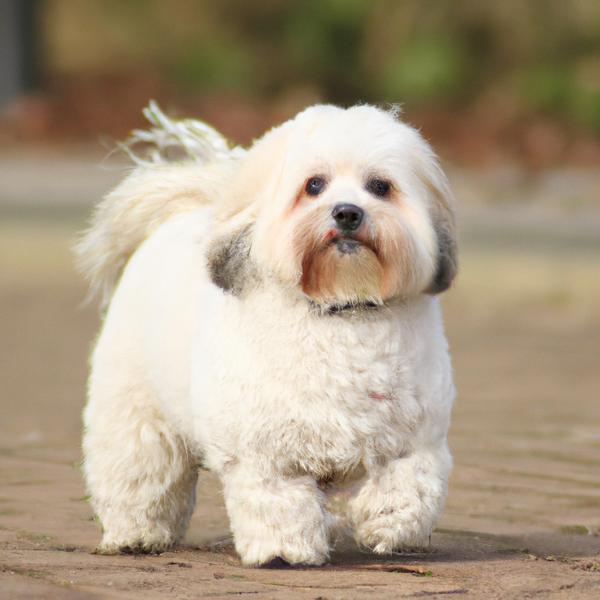
Scotti Apso
Parson Russell Terrier vs Scotti Apso

Box Heeler
Parson Russell Terrier vs Box Heeler
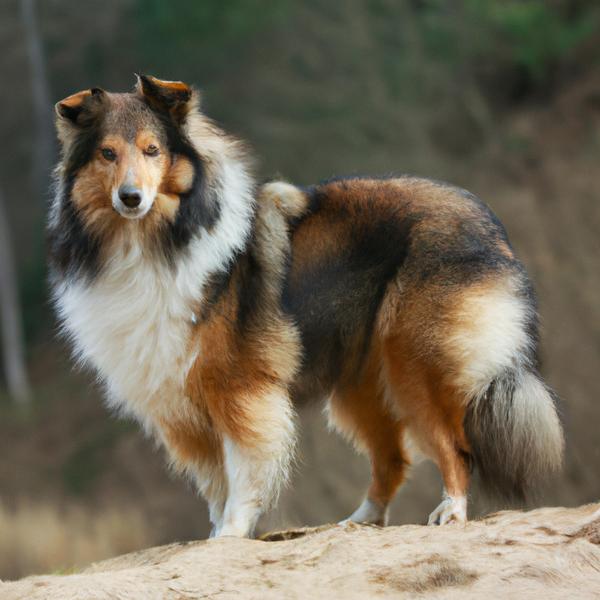
Sheltie Shepherd
Parson Russell Terrier vs Sheltie Shepherd
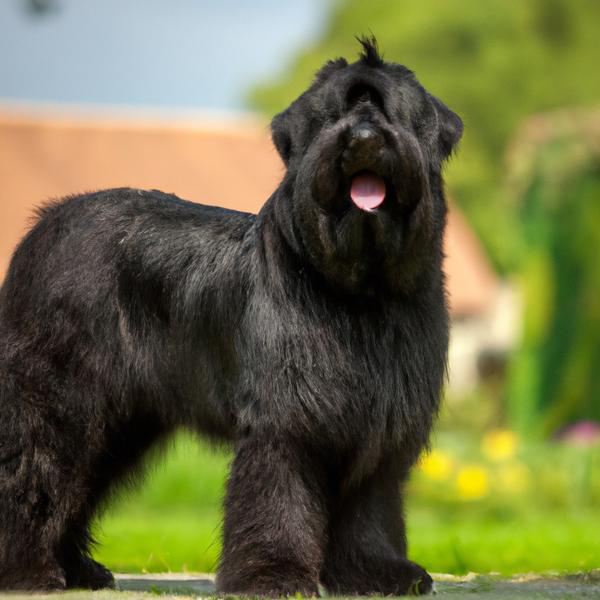
Giant Bolonauzer
Parson Russell Terrier vs Giant Bolonauzer
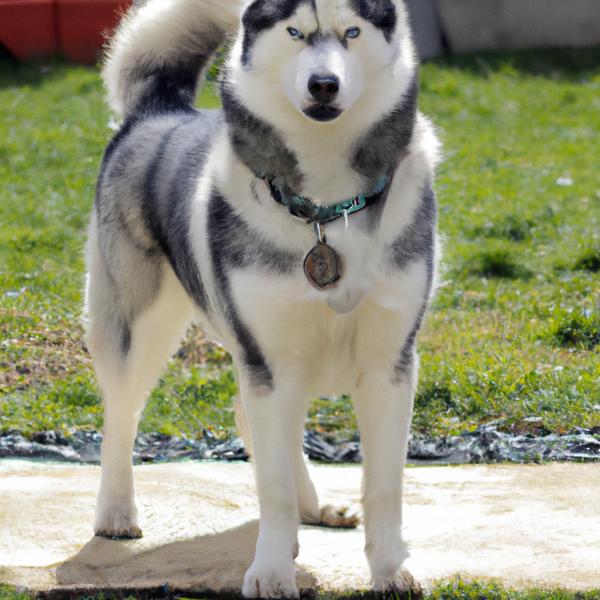
Ausky
Parson Russell Terrier vs Ausky
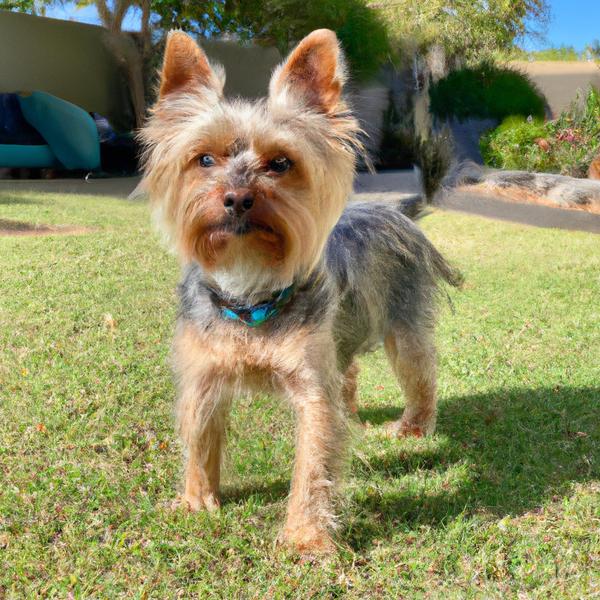
Australian Yorkshire Terrier
Parson Russell Terrier vs Australian Yorkshire Terrier

Bodacion
Parson Russell Terrier vs Bodacion
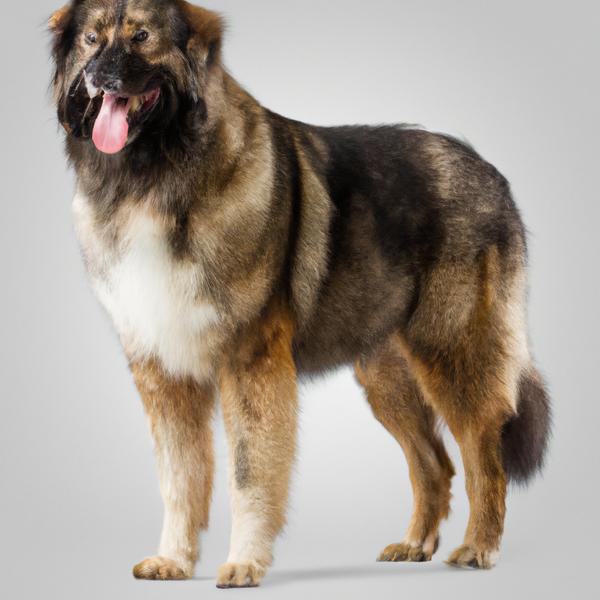
Great Cambrian Shepherd
Parson Russell Terrier vs Great Cambrian Shepherd
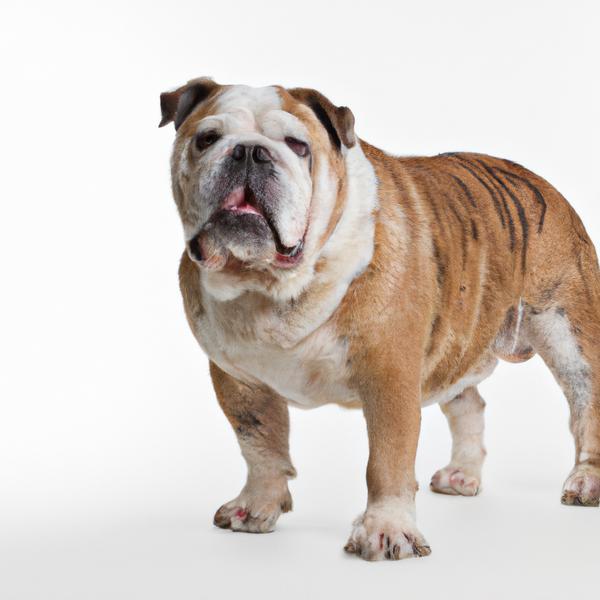
Old Anglican Bulldogge
Parson Russell Terrier vs Old Anglican Bulldogge
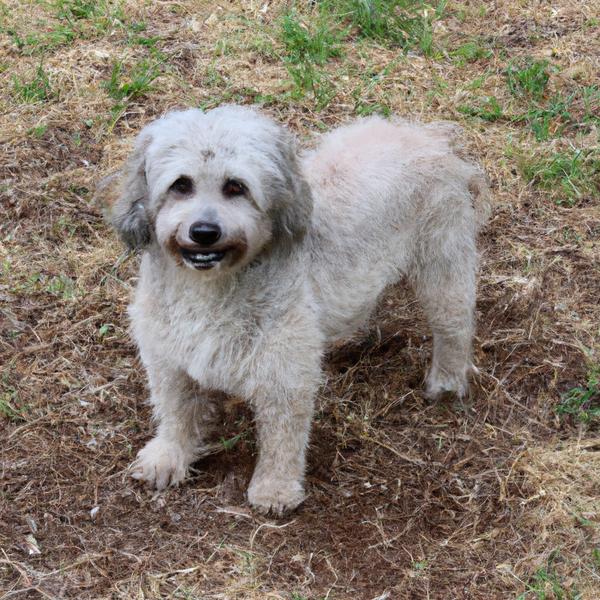
Jack-A-Poo
Parson Russell Terrier vs Jack-A-Poo

Beauceron
Parson Russell Terrier vs Beauceron
